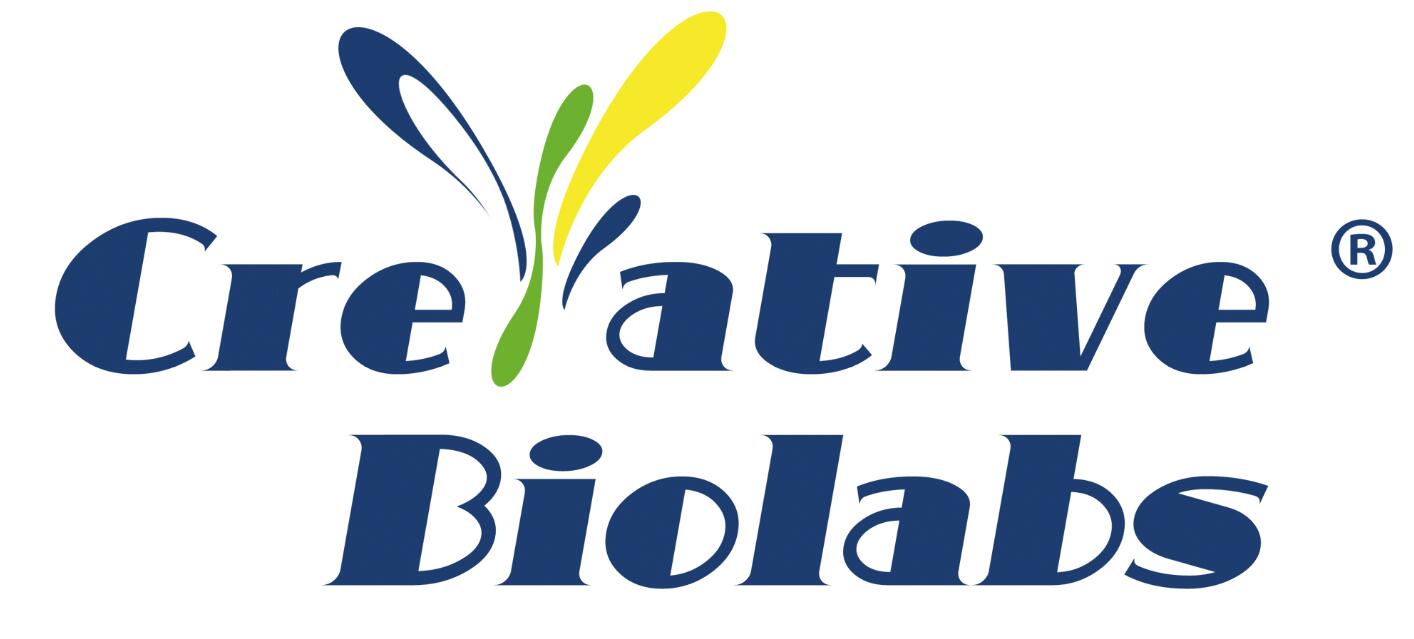Briefly, a single-chain antibody is an antibody fragment that consists of a single monomeric variable antibody domain, lacking the light chain. Cartilaginous fishes (for example sharks) also have heavy chain antibodies. An alternative approach is to split the dimeric variable chains from common immunoglobulin G in humans or mice into monomers by camelising a few key residues. Nowadays, single-chain antibody has been applied to a large number of fields and cancer therapy is one of the kind. So, how to make it?
 Generally speaking, single-chain antibody in cancer treatment always utilizes the following ways. Firstly, recombinant immunotoxins are able to connect single-chain antibody gene’s C-terminal to toxin gene and then obtain the fusion proteins of scFv and toxin through a specific expression. Common toxin includes Pseudomonas exotoxin PE, ricin toxin, diphtheria toxin, and so on. It’s reported recently that recombinant single-chain immune toxin possesses an inhibitory effect on the synthesis of Jurkat cell protein. The obtained recombinant toxin has been used in clinical trials of bladder cancer, displaying a fact that tumor tissue can be fully inhibited with a certain dosage. Secondly, in terms of bifunctional single-chain antibody, common cytokines are IL-2, TNF, IFN, etc. In the research upon cancer gene vaccine, single-chain antibody has been used in mouse models to detect its immune activation effect. The experiment confirmed a fact that such antibody can protect the mice from tumor challenge. However, it cannot be used as the DNA vaccine. At last, there is a cancer treatment called ADEPT, which can selectively insert prodrug’s specific activating enzyme into tumor tissue site, and then play a full role in resisting tumor.
Generally speaking, single-chain antibody in cancer treatment always utilizes the following ways. Firstly, recombinant immunotoxins are able to connect single-chain antibody gene’s C-terminal to toxin gene and then obtain the fusion proteins of scFv and toxin through a specific expression. Common toxin includes Pseudomonas exotoxin PE, ricin toxin, diphtheria toxin, and so on. It’s reported recently that recombinant single-chain immune toxin possesses an inhibitory effect on the synthesis of Jurkat cell protein. The obtained recombinant toxin has been used in clinical trials of bladder cancer, displaying a fact that tumor tissue can be fully inhibited with a certain dosage. Secondly, in terms of bifunctional single-chain antibody, common cytokines are IL-2, TNF, IFN, etc. In the research upon cancer gene vaccine, single-chain antibody has been used in mouse models to detect its immune activation effect. The experiment confirmed a fact that such antibody can protect the mice from tumor challenge. However, it cannot be used as the DNA vaccine. At last, there is a cancer treatment called ADEPT, which can selectively insert prodrug’s specific activating enzyme into tumor tissue site, and then play a full role in resisting tumor.
In fact, there are still some other antibodies can be used in cancer therapy, such as bispecific antibody, radiolabelled single-chain antibody, and some other sorts. Taking bispecific antibody as the example, it is helpful in ovarian cancer with folate receptor positive and significant dissolution in several kinds of brain tumor cells. Modern research has shown a fact that single-chain antibody in tumor tissue has low complete antibody in terms of the total aggregation, but the application of single-chain antibody’s dimer or polymer can increase concentration of single-chain antibody, playing a positive role in more effective cancer therapy.
